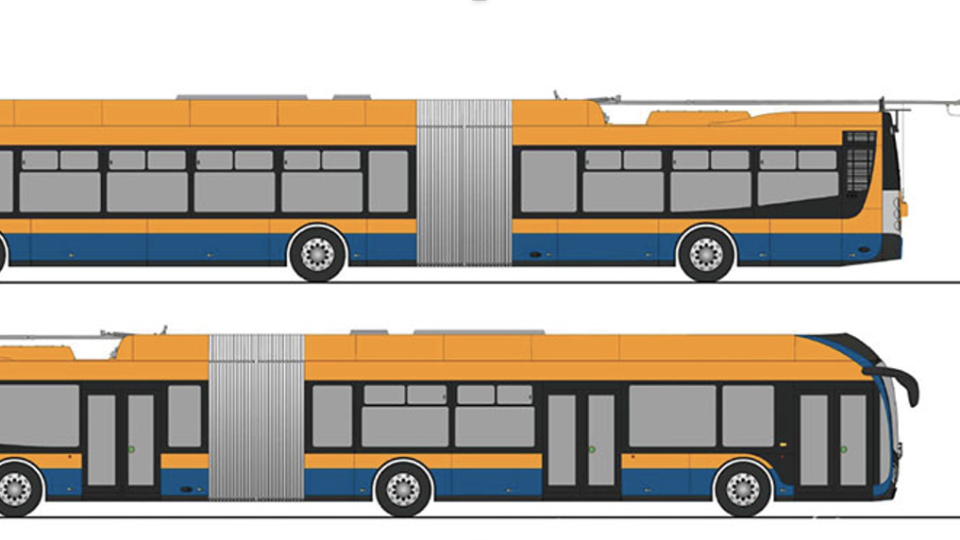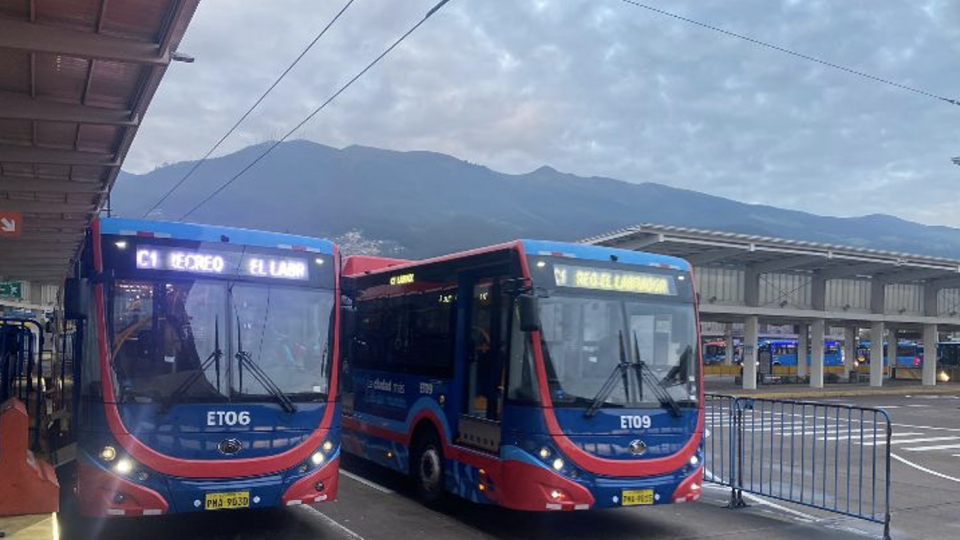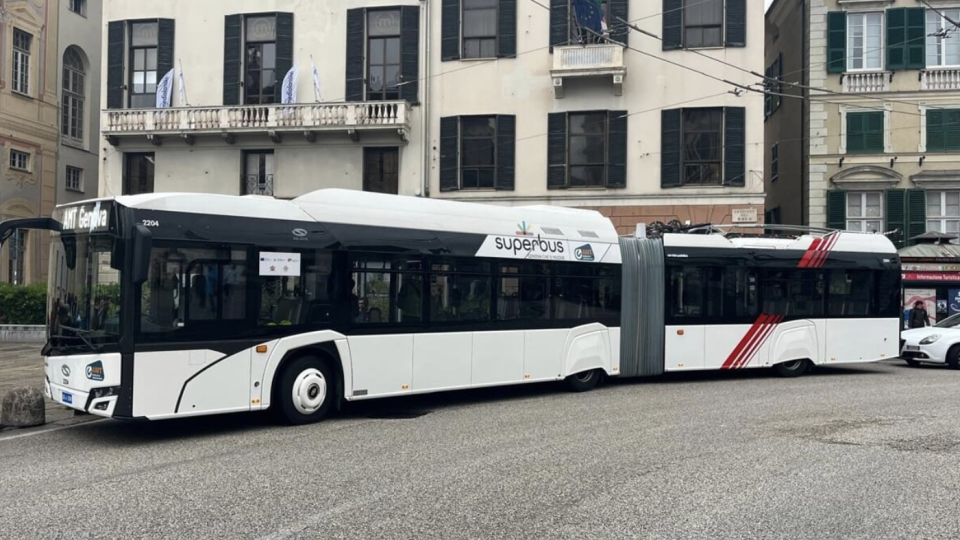New Alstom Citadis for Toulouse, Besançon and Brest
Alstom is the winner of a joint tender for 22 new low-floor trams, model Citadis, chosen by three French cities: Toulouse, Besançon and Brest. The three networks therefore commissioned Alstom with the 5-unit version of the Citadis model, of which 9 units will be delivered to Toulouse, 5 to Besancon, and 8 to Brest. Cost […]
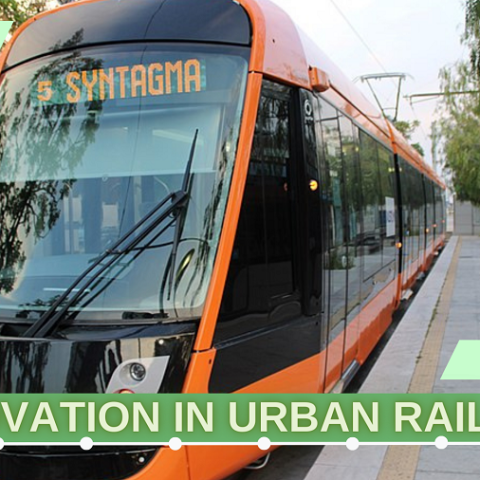
Alstom is the winner of a joint tender for 22 new low-floor trams, model Citadis, chosen by three French cities: Toulouse, Besançon and Brest. The three networks therefore commissioned Alstom with the 5-unit version of the Citadis model, of which 9 units will be delivered to Toulouse, 5 to Besancon, and 8 to Brest. Cost considerations were decisive for the joint order.
The good service offered led to an increase in demand for transport, and the current rolling stock of the three networks was proving to be insufficient, and new cars were needed.
Deliveries will begin in July 2025 in Besançon, followed by Brest in October 2025 and Toulouse between May and September 2026.
Three modern networks, opened a few years apart, Toulouse in 2010, Brest in 2012, Besancon in 2014, in the case of Toulouse and Brest were reopenings of the tram network, with modern infrastructure and equipment. The three networks are quite equivalent.
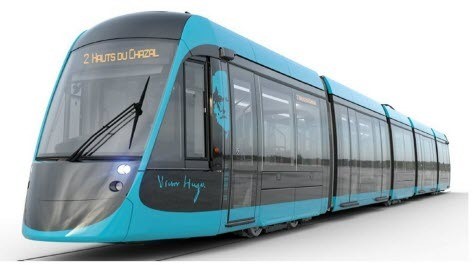
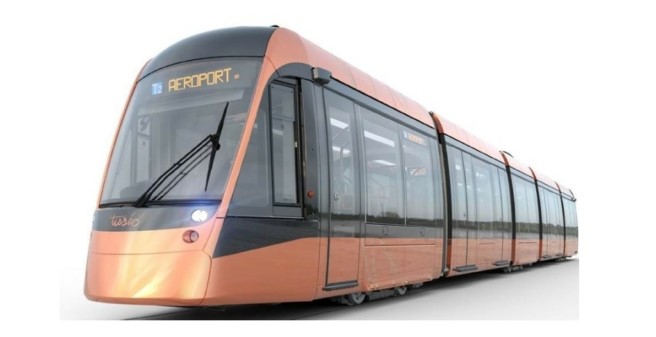
Tramway in Toulouse
Toulouse has two lines, T1 and T2, operated by Tisseo, which every 12 to 15 minutes connect the city centre with the airport and industrial district of Aerocostellation, one of the Airbus sites and used for aircraft assembly. The line is for the most part in reserved seat and for a good part covered with turf. There are currently 28 Citadis 302 from Alstom, with a capacity of 200 people. In Toulouse, the new nine trams will allow for an increase in service: six trams will run on the airport line, with rescheduling of the T2 line service that will see trams running every 5 minutes during peak hours between the airport and the future Blagnac station. As part of the construction work on the future metro line C, service on the T2 will be discontinued for approximately three years from 5 June 2023.
A further three trams will help to increase the frequency on the main section of the T1 line between Palais de Justice and Odyssud. Tisséo quoted a price of €31 million, after tax, for its part of the order.
A news for Brest network
Twenty Citadis 302 are in service in Brest; Bibus, the mobility service of Brest Metropole, managed by the RATP group, is in charge of the operation of line A, about 8 km long, which from Porte de Plouzane connects the city centre, Porte de Guipayas and, thanks to a branch line, Porte de Goussenou. The transport offer includes passes every 6-8 minutes. The eight new Citadis will be needed for the construction of line B, scheduled to open in 2026.
Tramway in Besançon
Besancon has two lines, T1 and T2, operated by the operator Ginko. The two lines are partly overlapping. Both start from the terminus at Hauts du Chazal, the T1 line continues to Chalezeule, passing through the city centre, the T2 line reaches the railway station via a short branch line after the Parc Micaud stop. has relied on CAF’s three-element Urbos 3. The network covers approximately 15 km and 31 stops are available. The commercial speed of the three networks is around 20 km/h.
In Besançon, the three-element CAF Urbos trams in service today have reached their capacity limits. In an earlier tender procedure, no qualified bidder was found for the planned extension of the trams to include two new central modules. The operator Ginko therefore decided to order five trams of larger size and capacity, for the first time from Alstom.




